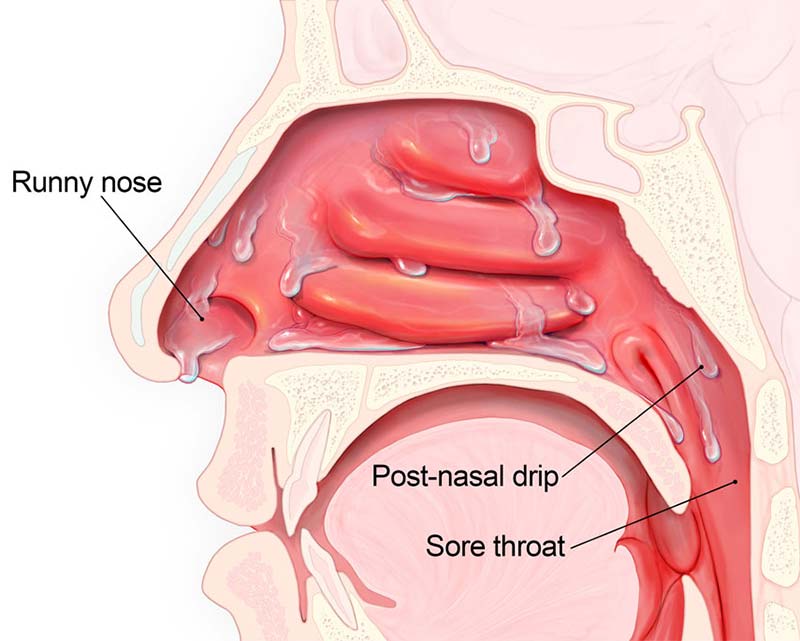How To Stop Nose Whistling At Night
Nose whistling at night can be incredibly annoying. It can keep you up at night and disrupt your sleep. It can also be embarrassing if you are trying to sleep in a shared space with someone else. But there are things you can do to stop nose whistling at night and get a good night's sleep.
Understanding What Causes Nose Whistling at Night
Before you can stop nose whistling at night, it's important to understand the cause. In most cases, the whistling sound is caused by the air passing through your nasal passages. When the air is forced through the narrow passages, it produces a whistling sound. This is more likely to happen when you're lying down, as gravity causes the air to flow more quickly through the passages.
Treatments for Nose Whistling at Night
One of the most effective treatments for nose whistling at night is using a saline nasal spray. The saline helps to keep the nasal passages moist and can reduce the whistling sound. It's best to use the spray just before going to bed so that it has time to take effect. Nasal strips are also available and can help to open up the nasal passages, reducing the whistling sound.
Humidifying the Air
Dry air can make the whistling sound even louder. To help reduce the sound, it's a good idea to use a humidifier in your bedroom. The humidifier will help to keep the air moist, which can help to reduce the whistling sound.
Avoiding Allergens
Allergens such as dust, pollen, and pet dander can cause the nasal passages to become inflamed. This can make the whistling sound louder. To help reduce the sound, it's a good idea to keep your bedroom as allergen-free as possible. This means vacuuming regularly and avoiding having pets in the bedroom.
Using Nasal Strips
Nasal strips can also be used to help reduce the whistling sound. The strips work by gently lifting the sides of the nose, which helps to open up the nasal passages. This can help to reduce the whistling sound and make it easier to sleep.
Using Decongestants
Decongestants can also be used to help reduce the whistling sound. Decongestants work by reducing the swelling in the nasal passages, which can help to reduce the sound. It's important to be careful when using decongestants, as they can have side effects.
Avoiding Caffeine
Caffeine is a stimulant and can make it harder to sleep. It can also make the whistling sound louder, so it's best to avoid it before going to bed.
Conclusion
Nose whistling at night can be annoying and disruptive. But there are things you can do to reduce the sound. Using a saline nasal spray, using a humidifier, avoiding allergens, using nasal strips, using decongestants, and avoiding caffeine can all help to reduce the whistling sound. With the right combination of treatments, you can get a good night's sleep and stop nose whistling at night.
Can Sinus Drainage Make My Throat Sore - Best Drain Photos Primagem.Org

How to Get Rid of a Stuffy or Runny Nose Instantly (Within 1 Minute

How to Stop a Nosebleed Quickly and Safely | Health, Good to know
